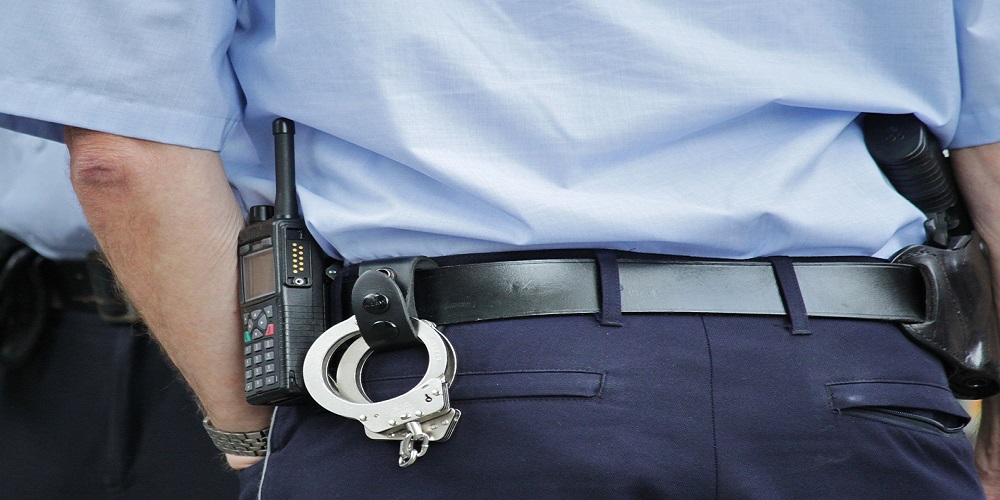How to Deal With Police Abuse or Brutality – Know Your Rights!
Police officers are a critical part of the law enforcement system, but some may use their powers in unlawful ways.
It’s natural for civilians to think that being the target of a police officer’s actions is a distant possibility as they have never committed crimes. The police have been given the authority to protect the innocents from those with less than amiable intentions, after all.
Unfortunately, it’s all too often that we learn of people being mistreated by police personnel despite having committed no offenses. What does one do in such cases? Fortunately, the constitution has safeguards in place to avoid such occurrences.
Read on to learn what you can do in such a dire situation. Know your rights while dealing with the police and hold them accountable for it!

Holding The Police Accountable
You may report the incident to the Special Investigations Unit (SIU) if you believe that a police officer’s conduct has wronged you. The Investigations Unit will sift through the incident if the encounter resulted in any of the following:
- A serious injury
- Firearm discharge
- Sexual assault
- Death
A serious injury is defined as an injury that interferes heavily with the victim’s health or comfort, including the following instances:
- Admission to a hospital as a result of the injury
- Fractured bones
- Significant burns to the person’s body
- Loss of a part of the victim’s body
- Loss of vision or hearing
If there is, for any reason, hesitation on your part about reporting the incident immediately, you can report it after some time as well. The SIU will investigate the incident regardless of when it occurred, even if the officer in question has long since retired.
Filing A Report Against An Officer
Reporting an incident to the SIU is quite straightforward and takes very little time. You have the option of discussing it with an official over a phone call, submitting your grievance through mail or filling out a web contact form. A criminal defence lawyer will assist you through the process if needed.
Once the SIU has processed your request, they will ask you questions to determine if the case is within their jurisdiction. These questions may include:
- The identity of the victim and the police officer
- The turn of events
- When the incident occurred
- The location of the encounter
- The reason for the encounter
Once they have the answers, the SIU will then proceed to investigate the incident and come to a definitive conclusion afterwards.
Conclusion
There is always a risk of police officers abusing their power, and by no means should it be undermined. Legal recourse should always be available to the victim in any incident to hold the police accountable.
Being on the receiving end of a police officer’s action can be a terrifying ordeal, but through it all, you should remember your rights. In a democratic society, the police can only act upon the freedom of civilians to the extent permitted by the law, and no more.
If you’ve faced any injustice, consult a criminal defence law firm today.
